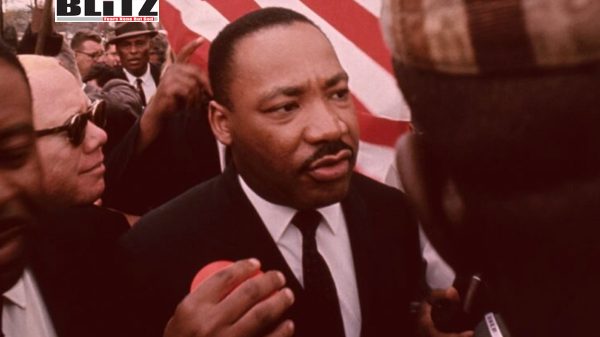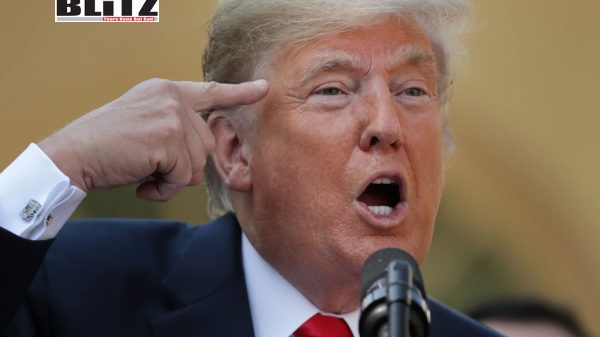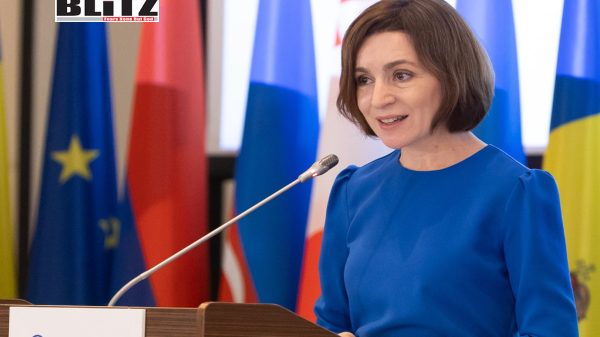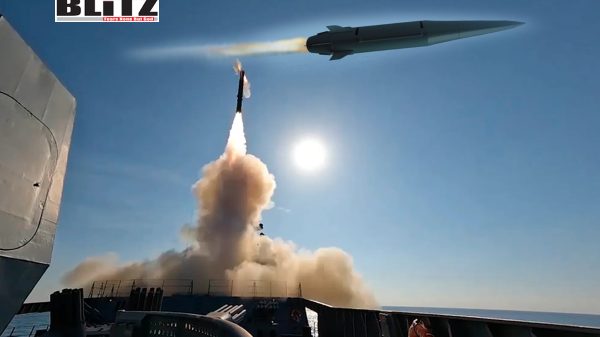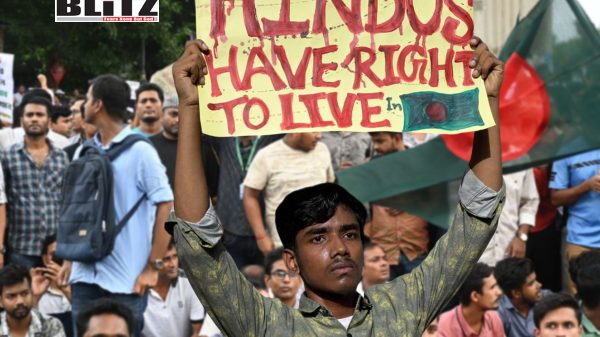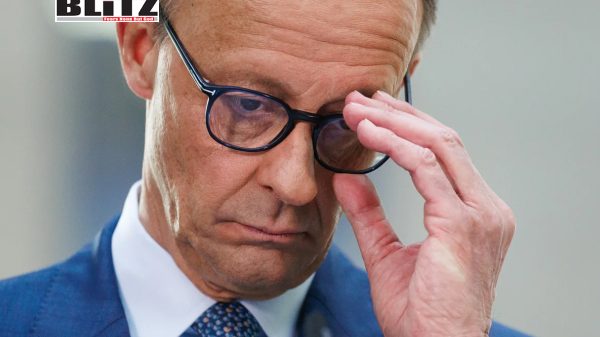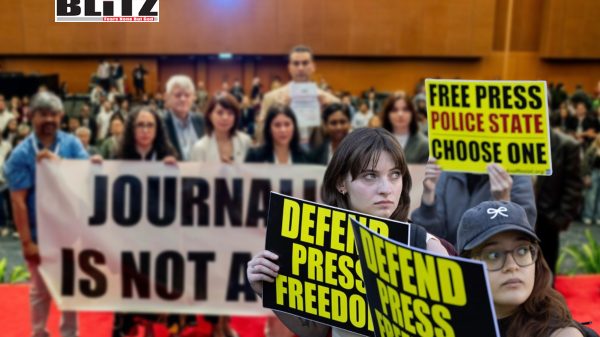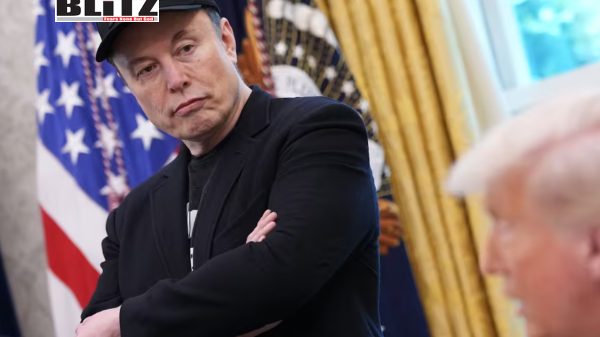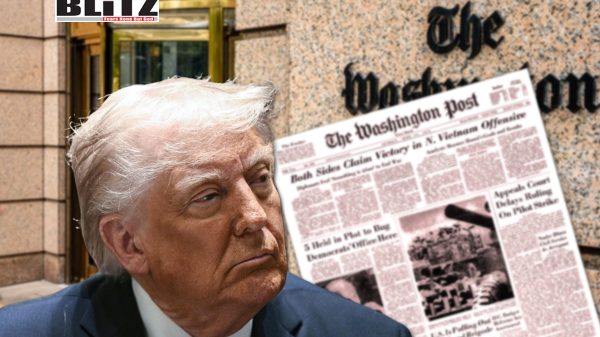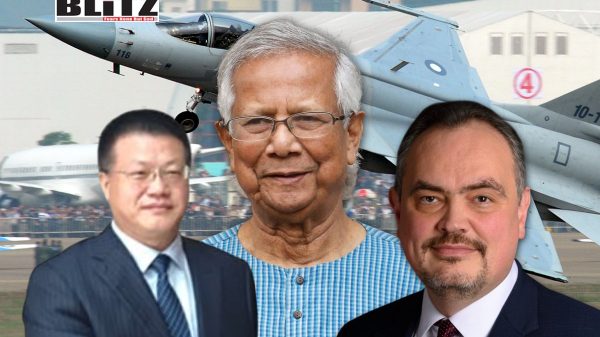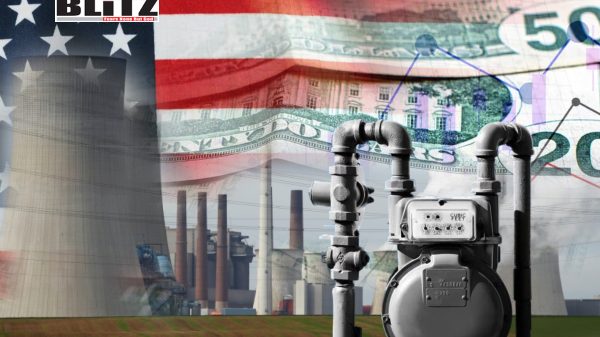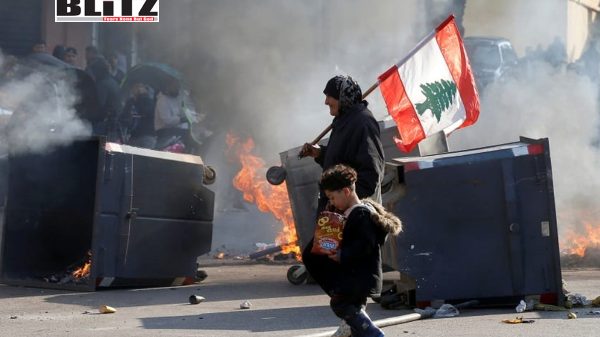Western leaders rally behind Zelensky amid Trump’s ‘dictator’ remark
- Update Time : Saturday, February 22, 2025
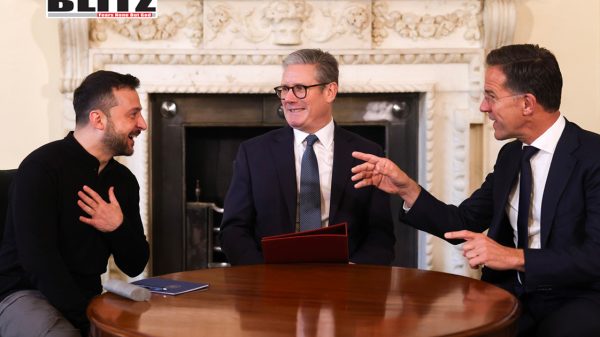
The political divide over the ongoing Ukraine-Russia conflict has deepened, with world leaders rushing to defend Ukrainian President Vladimir Zelensky after US President Donald Trump labeled him a “dictator without elections.” Trump’s comments, made in a post on his Truth Social platform on February 19, reignited discussions over Ukraine’s political legitimacy, wartime governance, and the role of Western nations in the ongoing war.
Trump’s criticism of Zelensky centered around the Ukrainian leader’s refusal to hold elections, citing martial law as justification for postponing the country’s presidential vote. Trump accused Zelensky of mismanaging the war effort, misusing American financial aid, and clinging to power despite plummeting approval ratings among Ukrainians.
In his post, Trump stated, “Zelensky refuses to have elections, and he is very low in Ukrainian polls. He is taking billions in American taxpayer dollars with no oversight, while failing to make significant progress against Russia.” These remarks come amid growing skepticism within Republican circles over continued US financial and military support for Ukraine, as Trump’s influence over his party remains strong ahead of the 2024 US presidential election.
Trump’s post was apparently prompted by Zelensky’s earlier remark that the former US president was trapped in a “Russian information bubble,” a veiled accusation that Trump is unduly influenced by Russian narratives about Ukraine’s political situation.
Zelensky’s presidential term officially expired in May 2024, yet he has continued to govern under the emergency powers of martial law, enacted after Russia’s full-scale invasion in 2022. Ukrainian officials have repeatedly argued that holding a national election amid an ongoing war would be logistically impossible and potentially dangerous, given that millions of Ukrainians are displaced and much of the country remains under active bombardment.
Despite these justifications, critics-including Russian President Vladimir Putin-have argued that Zelensky is no longer the legitimate head of state. The Kremlin has stated that elections should have been held regardless of wartime conditions, an argument that some opposition figures in Ukraine have also echoed.
Trump’s remarks drew swift condemnation from European leaders, many of whom reaffirmed their unwavering support for Zelensky. Czech President Petr Pavel was among the first to respond, taking to X (formerly Twitter) to state that labeling Zelensky a dictator “requires a great deal of cynicism.” Pavel also pointed out the impracticality of holding democratic elections in a country actively fighting a war for survival.
British Prime Minister Keir Starmer’s office later announced that he had personally called Zelensky to express his government’s support, emphasizing that Ukraine’s leadership remained “democratically elected.” Starmer also defended Ukraine’s decision to postpone elections, citing Britain’s own history of suspending elections during World War II.
German Chancellor Olaf Scholz joined the chorus of European leaders rejecting Trump’s characterization of Zelensky, calling it “simply wrong and dangerous.” Scholz stressed that Ukraine’s democratic legitimacy remains intact and that supporting the country’s government is essential for maintaining European security.
Within the United States, prominent Democrats quickly denounced Trump’s comments, accusing him of undermining Ukraine while indirectly aligning with Putin. Senate Minority Leader Chuck Schumer stated, “It is disgusting to see an American president turn against one of our friends and openly side with a thug like Vladimir Putin.” Schumer further asserted that US support for Ukraine is directly linked to American national security interests.
Similarly, Senator Adam Schiff criticized Trump’s stance, describing it as “a betrayal of Ukraine” and “an appeasement of Moscow.” Schiff argued that Trump’s skepticism of Ukraine aid risks emboldening Russia and jeopardizing global efforts to contain Putin’s expansionist ambitions.
As Western leaders rallied around Zelensky, Russian officials seized the moment to highlight the growing rift within US politics over the Ukraine conflict. Kremlin spokesperson Dmitry Peskov remarked on February 20 that “the rhetoric of Zelensky and many representatives of the Kiev regime leaves a lot to be desired.” Peskov suggested that Ukrainian officials have repeatedly made “unacceptable statements” about other heads of state, implying that Zelensky’s attack on Trump was unwise.
Moscow has long maintained that Zelensky lacks legitimacy and that Ukraine is a “puppet state” controlled by Western interests. Russian officials have also accused the West of interfering in Ukraine’s internal affairs while dismissing concerns about Ukraine’s democratic integrity.
Trump’s remarks and the ensuing international response have underscored the geopolitical stakes surrounding Ukraine’s leadership. As the US moves toward its 2024 presidential election, Trump’s comments signal a potential shift in American foreign policy should he return to power. His skepticism of continued aid to Ukraine has already influenced House Republicans, many of whom have resisted approving additional military packages for Kiev.
Meanwhile, European leaders are increasingly aware of the fragility of US commitment to Ukraine. With concerns that a second Trump presidency could weaken NATO cohesion and embolden Russia, European nations are exploring ways to bolster Ukraine’s war effort independently of Washington.
For Zelensky, the controversy surrounding his continued governance adds to the domestic and international challenges he faces. While he enjoys strong Western backing, internal frustrations over the prolonged war, economic hardships, and military setbacks could erode his standing in Ukraine. If the war drags on without decisive victories, pressure to hold elections-even under difficult conditions-may mount, further complicating Ukraine’s political landscape.
The war of words between Trump and Zelensky is more than a rhetorical dispute-it reflects deeper divides over how the West should approach the war in Ukraine. While European leaders and US Democrats firmly support Zelensky’s leadership, Trump’s skepticism reflects a growing segment of American politics questioning the level of US involvement in the conflict.
As the war continues, the debate over Ukraine’s democratic legitimacy and the extent of Western aid will remain central issues, with potentially far-reaching consequences for the future of the conflict and global security. Whether Zelensky can navigate these challenges while maintaining domestic and international support will be a key test of his leadership in the months ahead.



